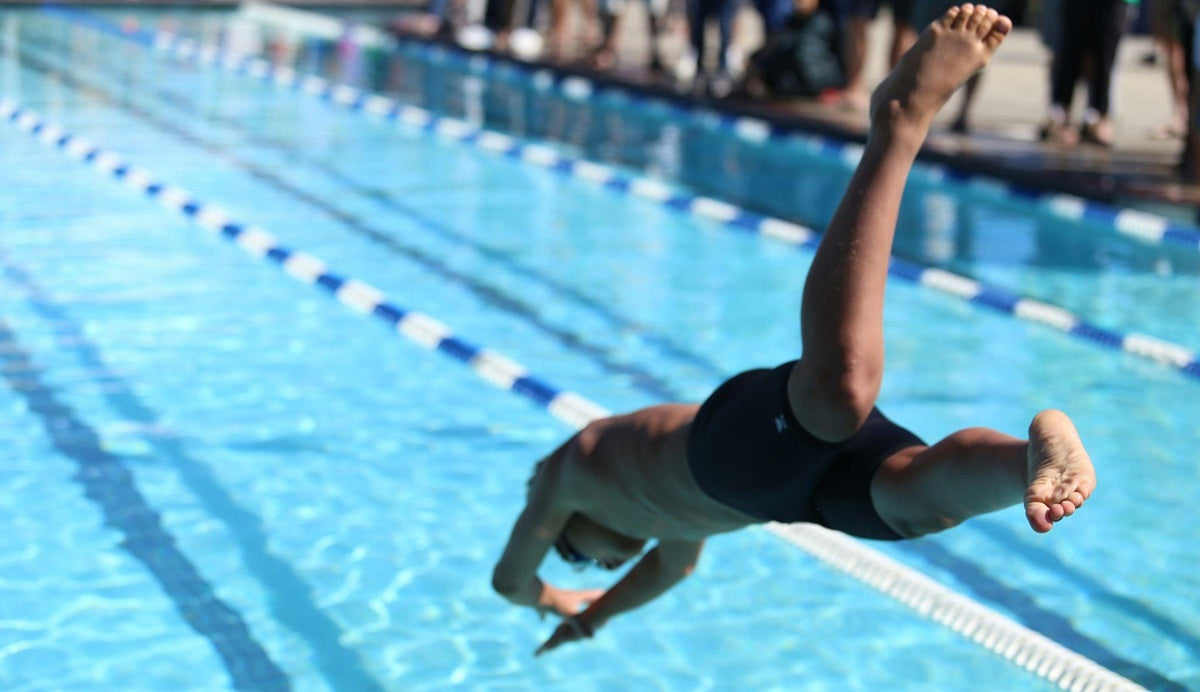Are you a business owner operating a commercial or public pool? Are you responsible for keeping a heavily trafficked pool at a hotel, gym, or water park clean and safe? You have a lot to think about.
Managing a large pool used by many people requires knowledge about cleanliness and access to the right tools and products to address your pool’s needs. Guests and customers of establishments that offer access to a pool expect clean, safe swimming.
The health and safety of the pool affect your business’s reputation. If you’re responsible for keeping public or commercial pools clean and safe, here’s what you need to know.
Health and Safety Regulations
To properly address the needs of maintaining a public or commercial pool, you must first understand the importance of safety and health regulations. First and foremost, the requirements for your large pool are based on your state’s guidelines and laws.
In many cases, a state’s regulations are based on those issued by the Centers for Disease Control and Prevention (CDC) Model Aquatic Health Code. This policy provides guidelines for maintaining a safe swimming environment for high-trafficked pools. These guidelines are in place to ensure that your pool is as safe as possible, but they also ensure that you pass any required inspections by health officials.
Daily Maintenance
There are several things you’ll need to do on a daily basis to ensure your commercial pool is up to standard. There are also several tools and equipment options to help you with these daily tasks. For example:
Skimming and Vacuuming
The larger your pool, the bigger the area you’ll need to keep free of debris. Skimming removes leaves, insects, and other debris that can clog filters and make the pool a less-than-appealing swimming environment. Regular vacuuming of the pool is also important to prevent the buildup of sediment. Automatic skimmers and vacuums are a great way to set it and forget it when dealing with this daily task.
Scrubbing Pool Surfaces
In addition to keeping the pool debris-free, you’ll also need to scrub surfaces to prevent algae growth. Automated scrubbers are a great way to maintain large pools with hundreds or thousands of feet of surfaces.
Filters
Proper pool filtering ensures clear, safe, and healthy water. Several types of filters are available, great for high-traffic pools found in hotels and waterparks. In addition, you’ll want to check the filters daily to ensure they are not clogged.
Water Chemistry
Ensuring that the water chemistry is balanced is essential for preventing the harmful growth of bacteria. If these levels are out of balance, it can result in health issues for swimmers. Chemical levels to check in commercial and public pools include:
Chlorine Levels
Chlorine disinfects pools by killing bacteria and pathogens. Larger pools require continuous monitoring of chlorine because too little or too much puts everyone at risk. Automatic chlorine feeders help maintain consistent levels without having to manually measure them several times a day.
pH Levels
The pH level in your pool should be between 7.2 and 7.8 to prevent skin and eye irritation. If it does not fall within this range, you’ll need to add alkaline or acidic chemicals to restore balance.
Calcium Hardness
Calcium hardness prevents corrosion and scaling of pool surfaces. Ensuring this stays within the appropriate range allows you to preserve your pool and equipment for as long as possible.
Automatic chemical dosing and testing systems are a great way to save time and prevent errors. It’s still important to occasionally perform manual checks, but automated systems mean you don’t need to worry about testing every few hours by hand.
Products
Several products can help you make maintaining a public or commercial pool easier. For example:
- Chlorine feeders and chemical dispensers: These devices maintain a steady balance in the pool water and reduce the workload for staff.
- Commercial vacuums and robotic cleaners: These can be programmed to vacuum the pool daily, cutting down on labour while maintaining a high level of cleanliness.
- High-quality filters and pumps: These are the workhorses of pool maintenance. They keep your pool clean with little manual labour.
- UV and ozone systems: These systems complement traditional chlorine disinfection by providing a secondary layer of water purification. UV light kills pathogens by disrupting their DNA, while ozone is a powerful oxidizer that eliminates contaminants.
Keeping a commercial or public pool safe and clean is an ongoing job. It’s also one of your most important responsibilities as a business owner. To learn more about the equipment available to make your job easier and your patrons safer, give us a call.

